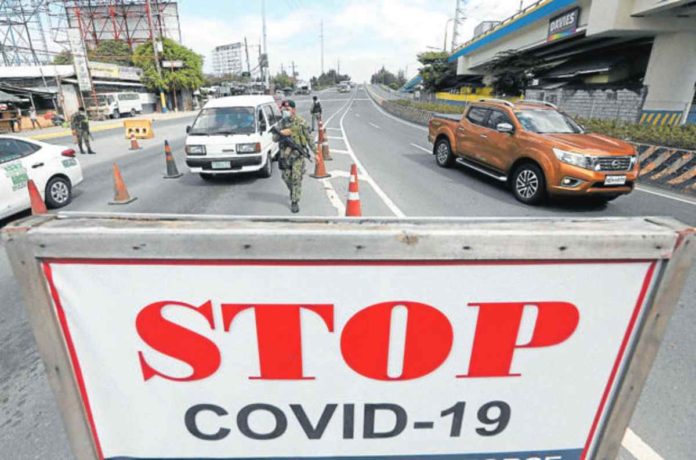
MANILA — The duration of school closures emerged as the primary factor behind the learning losses incurred by countries due the COVID-19 pandemic, World Bank Senior Adviser for Education Harry Patrinos said after presenting his study findings to the Philippine Institute for Development Studies (PIDS).
In his study, Patrinos noted that school closures caused by the COVID-19 lockdowns resulted in significant learning losses on students, with those from disadvantaged backgrounds experiencing the greatest effects.
“For every week of closure, learning levels decline by almost 1 percent,” Patrinos said in a statement.
“Twenty weeks closed translates to losing almost a year’s worth of learning,” he added.
In fact, the study found that various factors such as income, school quality, Internet access, existence of private schools, or the severity of the COVID-19 outbreak itself, had no significant impact on learning losses.
According to Patrinos, the long-term consequences of the said losses potentially translate to reduced human capital development and earnings.
“Younger and disadvantaged students are expected to be hit the hardest, exacerbating existing inequalities,” he said.
Due to this, Patrinos urged governments — especially in low- and middle-income countries — to focus on education for marginalized populations, and address the learning setbacks and financial burdens resulting from the COVID-19 pandemic.
“We need to improve on what we do on [national] assessment and make that [data] available for teachers and policymakers,” he emphasized.
He also said the governments should provide direct support like tutoring and extended school hours, alongside protecting education budgets, as well as to prepare for future disruptions by investing in resilient education systems and measuring learning outcomes. (Zacarian Sarao © Philippine Daily Inquirer)







